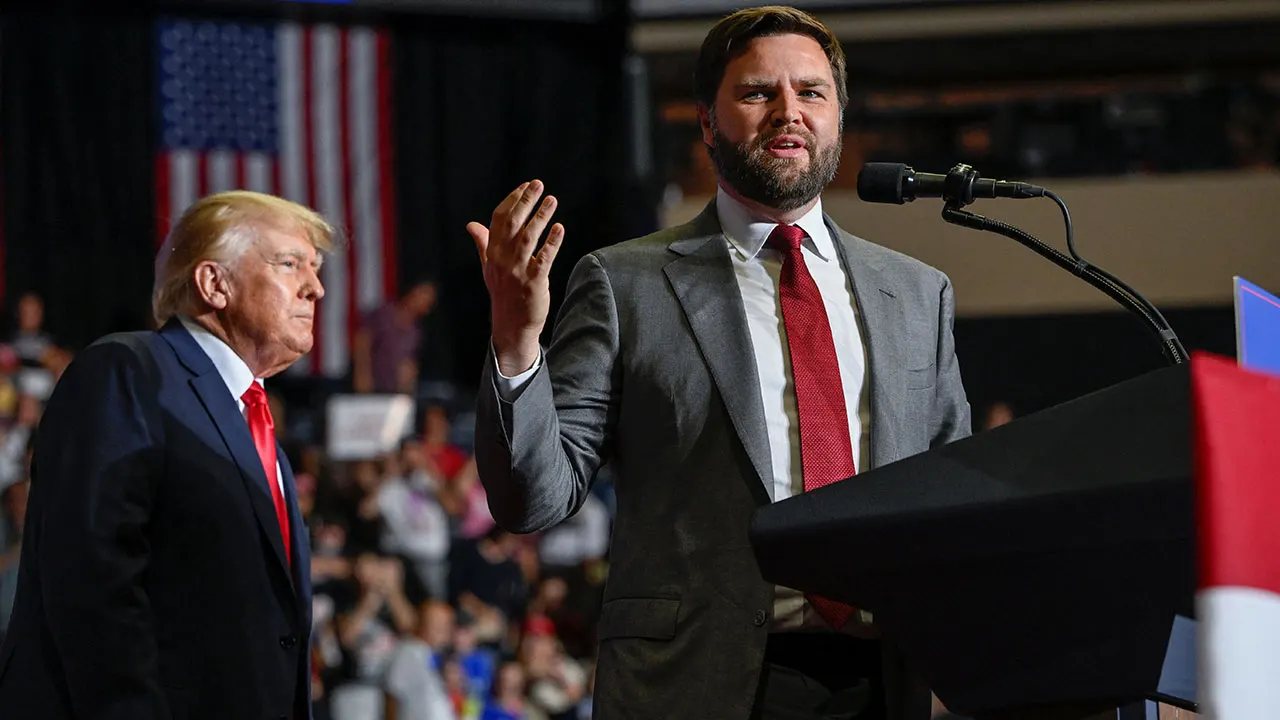Political Impact of Trump v. Vance

Trump vance – The Supreme Court’s ruling in Trump v. Vance was a significant development in the ongoing legal battle over access to former President Donald Trump’s financial records. The Court ruled that the Manhattan District Attorney could obtain Trump’s tax returns and other financial documents as part of a criminal investigation into his business dealings.
The decision was a major victory for prosecutors and a setback for Trump, who had fought to keep his financial records private. The ruling could have implications for future presidential investigations, as it suggests that presidents are not immune from criminal prosecution.
Legal Arguments
The legal arguments in Trump v. Vance centered on the question of whether the President is immune from criminal prosecution while in office. Trump’s lawyers argued that he was immune from prosecution because he was the head of the executive branch of government. The Manhattan District Attorney’s office argued that Trump was not immune from prosecution and that he could be investigated like any other citizen.
The Supreme Court ruled in favor of the Manhattan District Attorney’s office, holding that the President is not immune from criminal prosecution while in office. The Court found that the Constitution does not provide any explicit immunity for the President and that the common law immunity that had been recognized by some courts did not apply to the President.
Potential Implications
The ruling in Trump v. Vance could have significant implications for future presidential investigations. It suggests that presidents are not immune from criminal prosecution and that they can be investigated like any other citizen. This could make it easier for prosecutors to investigate presidents for potential crimes, including financial crimes, campaign finance violations, and obstruction of justice.
The ruling could also have implications for the separation of powers between the executive and judicial branches of government. The Court’s decision suggests that the judicial branch has the authority to investigate and prosecute the President, even if the President does not consent to the investigation.
Historical Context of Trump v. Vance: Trump Vance

The legal history leading up to the Trump v. Vance case is complex and multifaceted. The case itself stems from a subpoena issued by the Manhattan District Attorney’s office, seeking financial records from the Trump Organization as part of an investigation into potential financial crimes. Trump challenged the subpoena, arguing that he was immune from criminal prosecution while in office. This argument was based on the principle of executive privilege, which allows the president to withhold certain information from disclosure in order to protect the confidentiality of the executive branch.
The legal landscape of presidential immunity has been shaped by a number of similar cases. In 1974, the Supreme Court ruled in United States v. Nixon that the president is not immune from criminal prosecution. However, the Court also recognized that the president has a limited privilege to withhold information that is necessary to protect the confidentiality of the executive branch. In Clinton v. Jones (1997), the Supreme Court ruled that the president is not immune from civil lawsuits while in office. However, the Court also held that the president is entitled to a stay of discovery during his term in office.
These past rulings have had a significant impact on the current understanding of executive privilege. The Supreme Court has made it clear that the president is not immune from criminal prosecution or civil lawsuits. However, the Court has also recognized that the president has a limited privilege to withhold information that is necessary to protect the confidentiality of the executive branch. The Trump v. Vance case will likely further clarify the scope of executive privilege and its application to the president.
Impact of Past Rulings on the Current Understanding of Executive Privilege
The Supreme Court’s rulings in United States v. Nixon and Clinton v. Jones have had a significant impact on the current understanding of executive privilege. These rulings have made it clear that the president is not immune from criminal prosecution or civil lawsuits. However, the Court has also recognized that the president has a limited privilege to withhold information that is necessary to protect the confidentiality of the executive branch.
The Trump v. Vance case will likely further clarify the scope of executive privilege and its application to the president. The case is currently being heard by the Supreme Court, and a decision is expected in the coming months. The Court’s ruling in this case will have a significant impact on the future of executive privilege and the ability of the president to withhold information from disclosure.
Implications for Future Presidential Powers

The Trump v. Vance ruling has significant implications for the balance of power between the executive and legislative branches. Before the ruling, the president had broad authority to withhold information from Congress. However, the Supreme Court’s decision has made it clear that the president’s powers are not absolute. Congress has the authority to investigate the president, and the president cannot simply refuse to comply with congressional subpoenas.
The Trump v. Vance ruling could have a significant impact on future presidents. Presidents will no longer be able to shield themselves from investigations by simply asserting executive privilege. Congress will have more power to investigate the president, and the president will be less able to obstruct justice.
Powers of the Presidency Before and After Trump v. Vance, Trump vance
| Power | Before Trump v. Vance | After Trump v. Vance |
|—|—|—|
| Executive privilege | Broad authority to withhold information from Congress | Limited authority to withhold information from Congress |
| Power to obstruct justice | Could obstruct justice without fear of being held accountable | Can be held accountable for obstructing justice |
| Power to pardon | Could pardon himself or others without fear of being held accountable | Can be held accountable for pardoning himself or others |